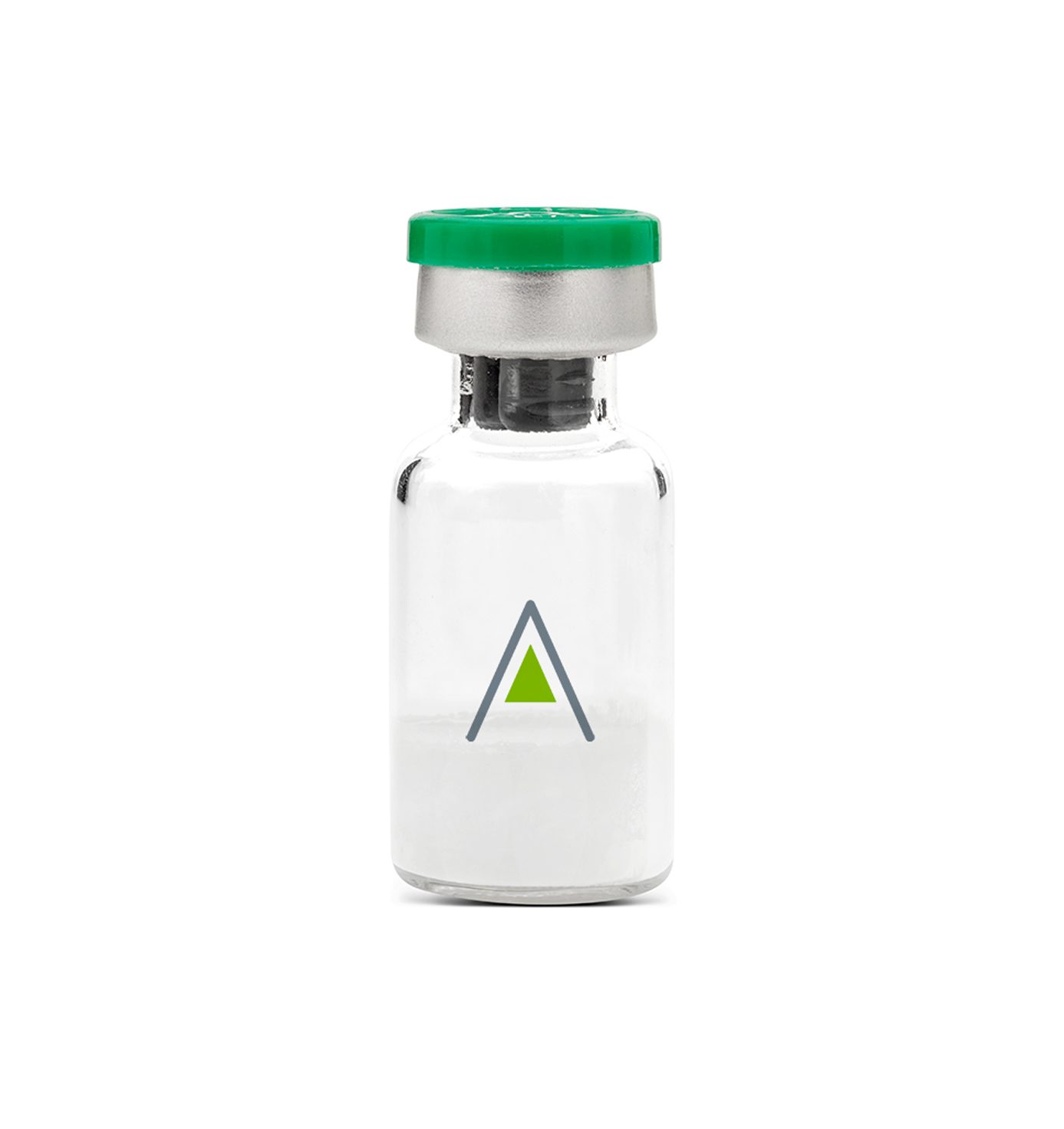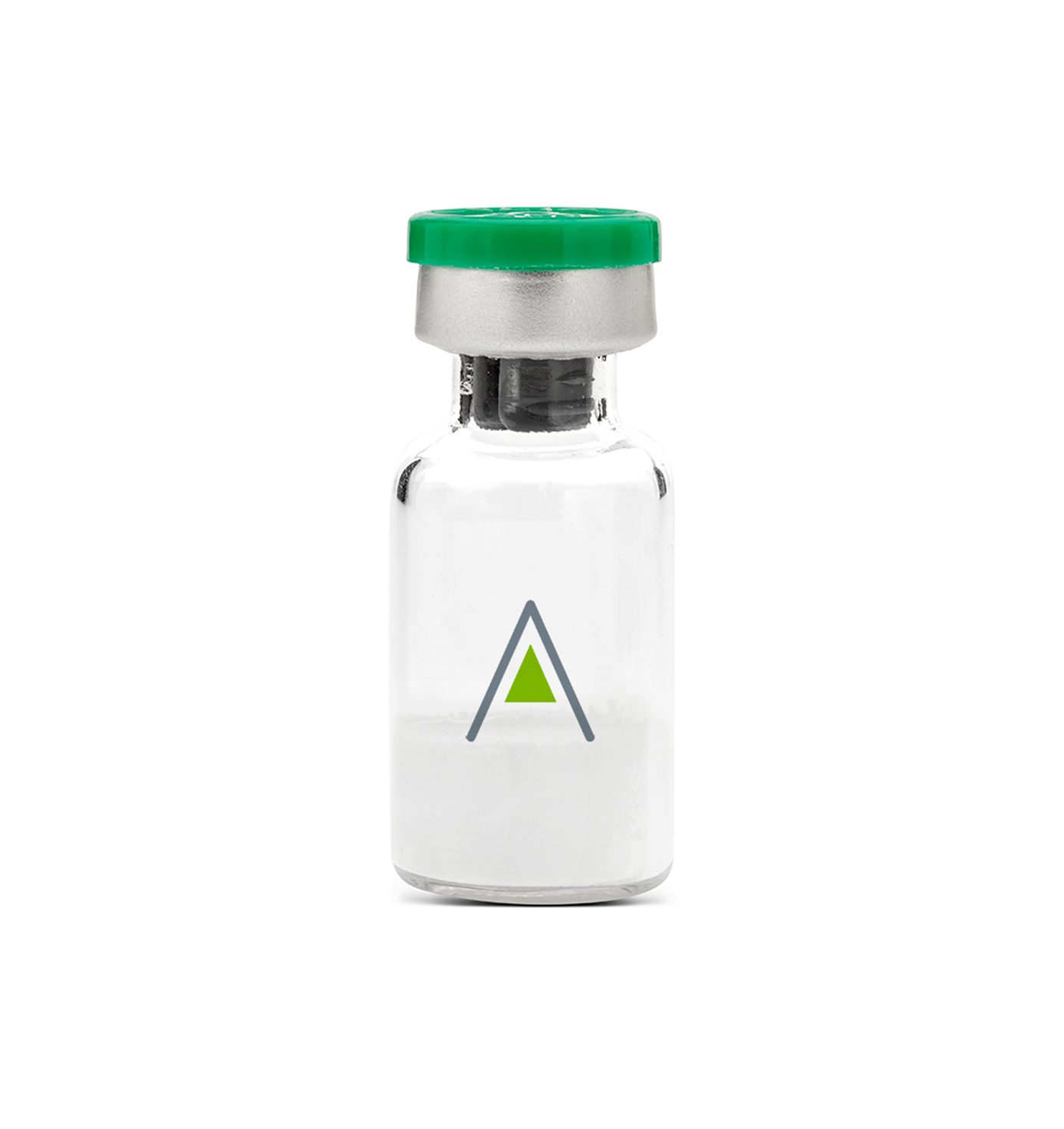bFGF was originally named basic fibroblast growth factor based upon its chemical properties and to distinguish it from acidic fibroblast growth factor. FGF is used to promote stem cells and cell lines in culture.
Features and Specifications:
- Custom packaging and sizes available
- Single-use syringe configuration
- Lyophilized or liquid format
- Pharmaceutical grade
- Sterile-filled
- Custom biological activity assays available
Quality Statement
Akron’s cGMP Cytokines are manufactured, tested and released in compliance with relevant cGMP guidelines. USP Chapter ‹1043› “Ancillary materials for cell, gene and tissue-engineered products” has been followed in the design of these products.
Fibroblast growth factors are growth factors that play crucial roles in angiogenesis, embryonic development, and wound-healing. FGFs are also involved in the proliferation and differentiation of various cells and tissues. FGF is used to promote stem cells and cell lines in culture. It is typically used in the concentration of 5-10 µg/mL. Recombinant Human bFGF-155 produced in E. coli is a single, non-glycosylated, polypeptide chain containing 155 amino acids.





